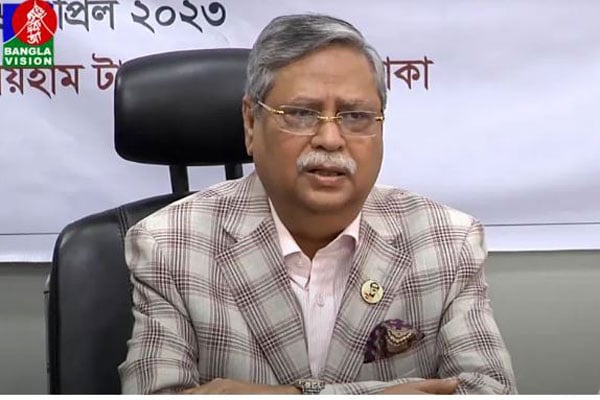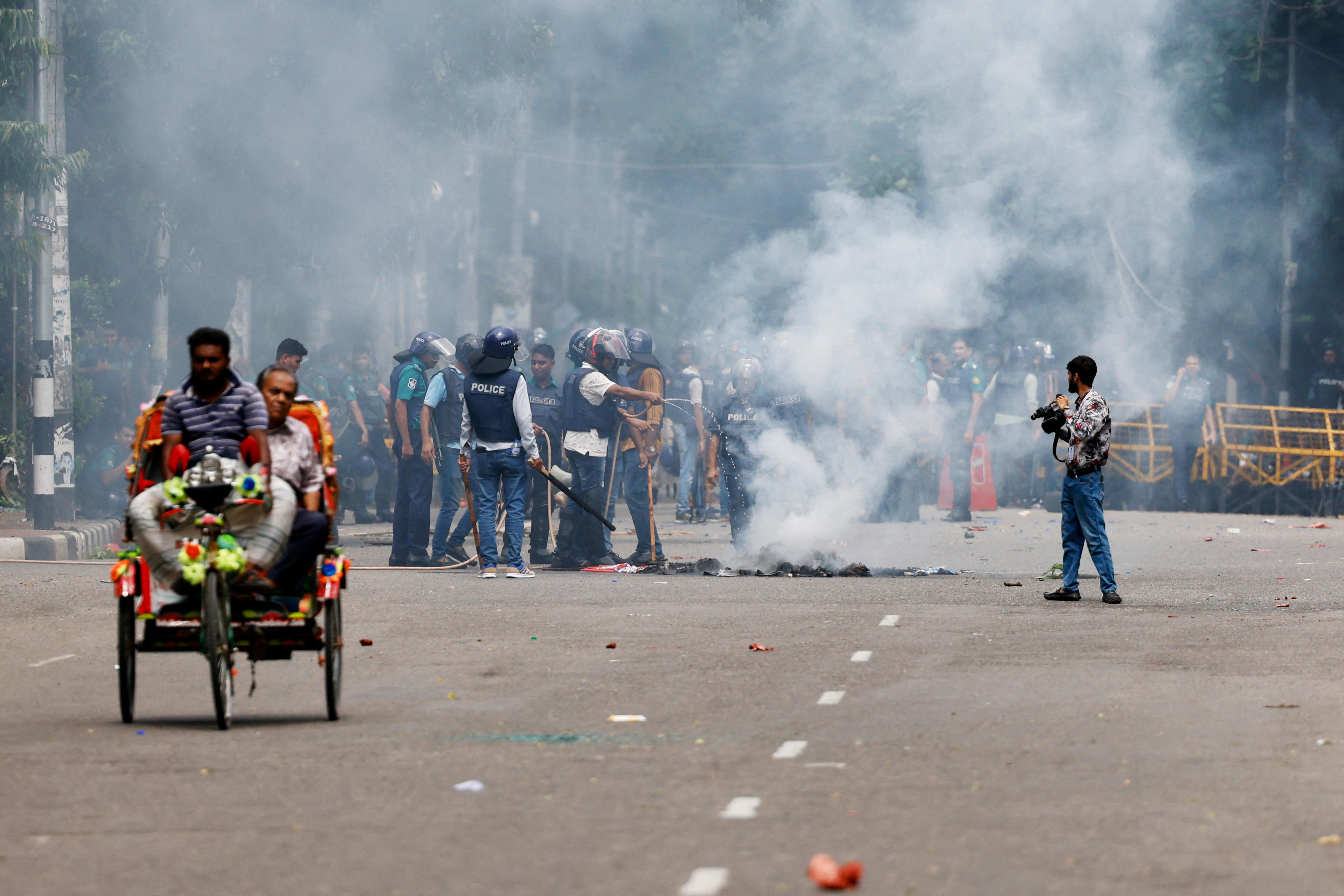
Mr Charles Onyango-Obbo
After more than a month of youth protests in Bangladesh, the country’s strongwoman Prime Minister Sheikh Hasina, abruptly resigned and fled the country early Monday.
Hours later, thousands of them overran Parliament and occupied the PM’s place in the capital Dhaka. What followed were scenes that have played out in centuries of revolution whenever rebels or protestors take the residence of a leader they have just deposed. The youthful “revolutionaries” sampled contents of refrigerators, enjoyed meals, sat on tables and the PM’s desk, took selfies, frolicked in Hasina’s bed, seized (or “charged” as the NRA rebels would have said back in the day) her expensive sarees, designer suitcases, and other luxury goods.
There were elements of redistributive justice, karmic comeuppance, and comedic catharsis to it all, but it was also extremely banal. The rule of Sheikh Hasina, daughter of Sheikh Mujibur Rahman, the “Father of the Nation”, Bangladesh’s first president, had ended in her flight, her father’s statues vandalised, a 50-year family political legacy in ruins, with the sarees and jewels she couldn’t gather up all that was left of her 15-year rule.
Uganda and the rule of President Yoweri Museveni will probably not end that way, but imagine his decades-long rule coming to a Bangladesh-like end, and the iconic images we have are of boba boda riders who joined the revolution trying on his hats as they drank his milk they found in the fridge, and Owino Market women in their ranks fooling around in First Lady Janet Museveni’s mushanana.
The crisis that toppled Hasina, should be very familiar to Ugandans, as it echoes the way we treated NRM Historicals and the privilege that was conferred for many years on “those who fought” in the bush war.
The short of it after the Bangladesh Liberation war of 1971 against Pakistan Sheikh Mujibur Rahman created a system that would honour those who sacrificed and suffered for the cause of freedom. A quota system was created for freedom fighters, and for Bangladeshi women who had been tortured by the Pakistani military. They got a percentage of jobs in the Bangladesh Civil Service. Later, some marginalised groups and regions were brought in as beneficiaries of the quota system.
With time, as the freedom fighters died, the number of rightful claimants reduced. Quotas were extended to their children and grandchildren, and soon they were widely abused and doled out as patronage to members of Hasina’s ruling Awami League.
In the face of smaller protests, in March 2018 the Bangladesh High Court threw out a case challenging the legality of the quota system. Emboldened, Hasina took a hard stance, saying she would maintain the quota for the descendants of the veterans of the liberation war. That set off anti-quota agitation by students.
Taken aback, Hasina cancelled quotas in the Bangladesh Civil Service.
Fast forward to June this year and student protests started on campuses after the High Court reinstated the quota system, overturning Hasina’s 2018 decision.
Last month, the Supreme Court reversed the High Court decision and directed that 93 percent of jobs should be open to all candidates on merit. The protestors returned and demanded a public apology from Hasina for the violence in which 280 people had been killed by the time she fled, and 10,000 arrested. They also demanded the full restoration of the internet, the reopening of colleges and universities, and the release of those arrested.
With the government responding only with brute force, the students called for a nationwide protest to demand one thing – that Hasina resign. Less than 24 hours later, she was out.
Now, when Hasina scrapped the Civil Service quota in 2018, she did what the students hadn’t asked for. They had wanted reform, not its abolition, for they recognised there were marginalised groups and regions for whom it was a tool of fairness. Hasina, though, was spiteful. Critics argued that she took the view that if her people couldn’t have it, then no one else would.
Reports say that ultimately, it was a bad economy that brought her down. Much like in Uganda, stagnant job growth and a slowdown in the private sector made public sector jobs with their guaranteed salaries, and perks, very attractive. Battered by high unemployment, with up to 35 million youth out of work in a country of 170 million and 30 per cent smaller than Uganda in land size, their anger blew over.
Furthermore, repression compounded it. After elections at the start of the year, which were boycotted by the opposition, a crackdown sent over 10 million Opposition supporters and workers in flight. Another 25,000 were arrested. Bangladesh, though until recently among the world’s fastest-growing economies, is as corrupt as Uganda.
Bangladesh reminds us that there is always an eruption waiting to happen in a cage. If the fire were to come to us, please let it find something worthier than a presidential hat.
Mr Onyango-Obbo is a journalist, writer and curator of the “Wall of Great Africans”. X:@cobbo3





